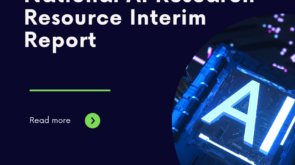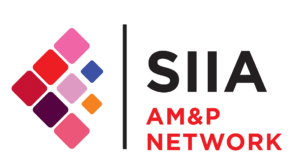SIIA provided feedback on the ...
SIIA Statement on the American Data Privacy and Protection Act (H.R.8152)
This statement can be attribut ...
SIIA Statement: Federal Privacy Legislation Needs to Happen Now
This statement can be attribut ...
SIIA AM&P Network Domestic (USA) Live Event and COVID-19 Policies as of June 2022
COVID-19 Policy for In-Person ...
Statement on: The Competition and Transparency in Digital Advertising Act
The following statement can be ...







